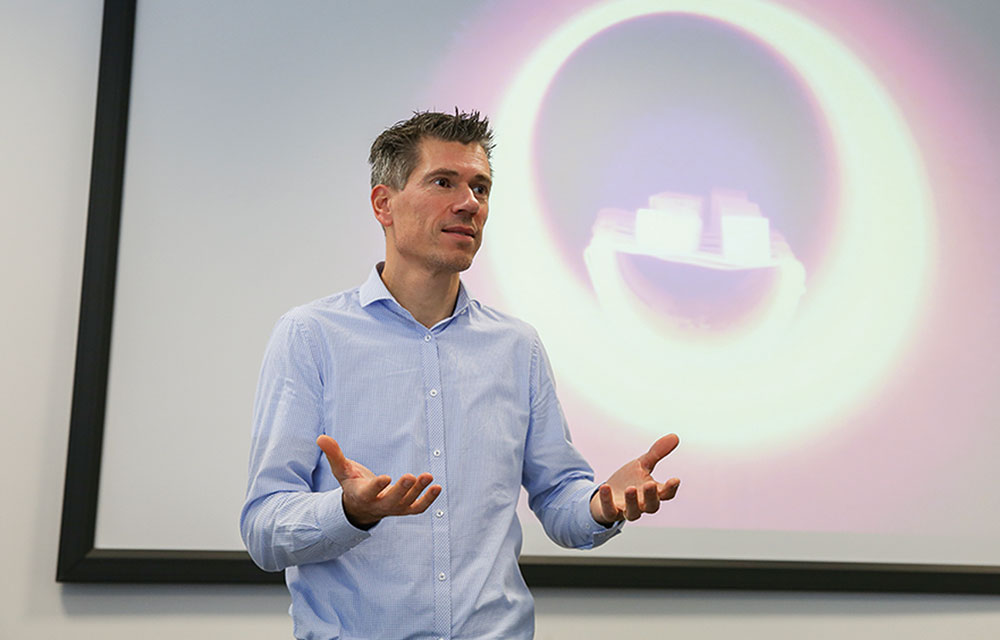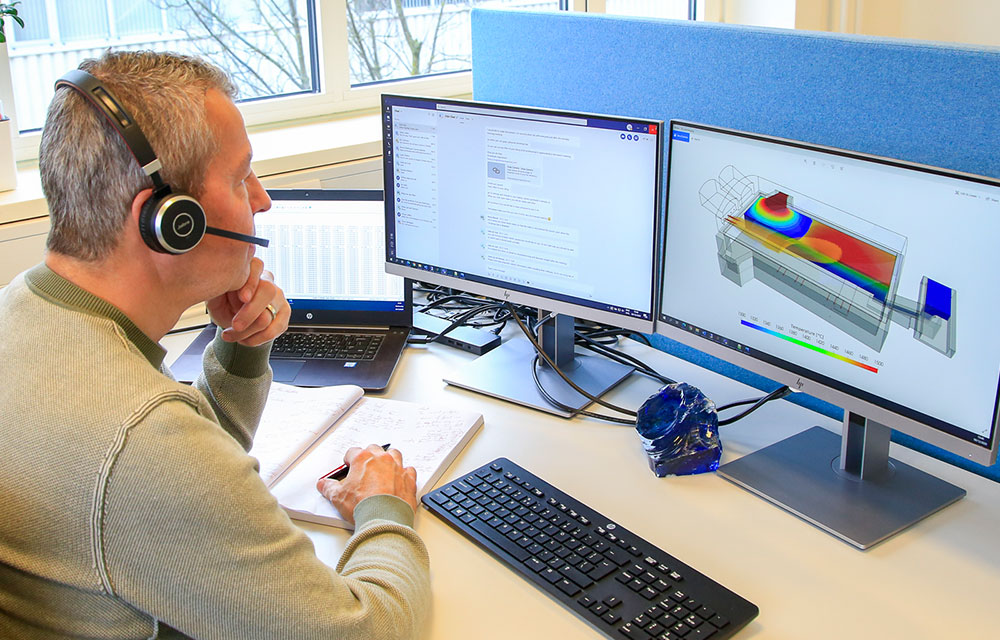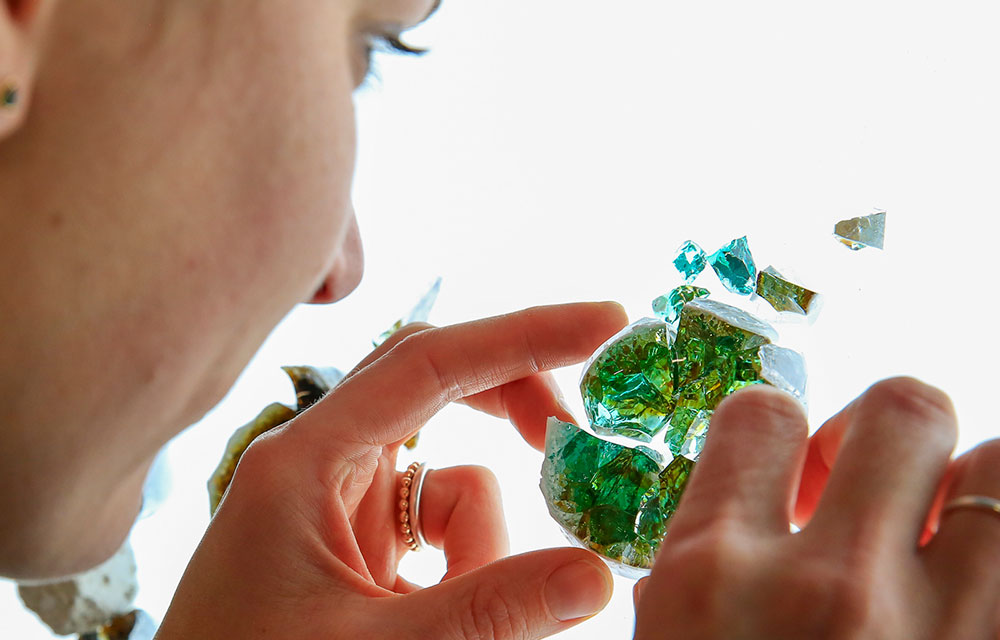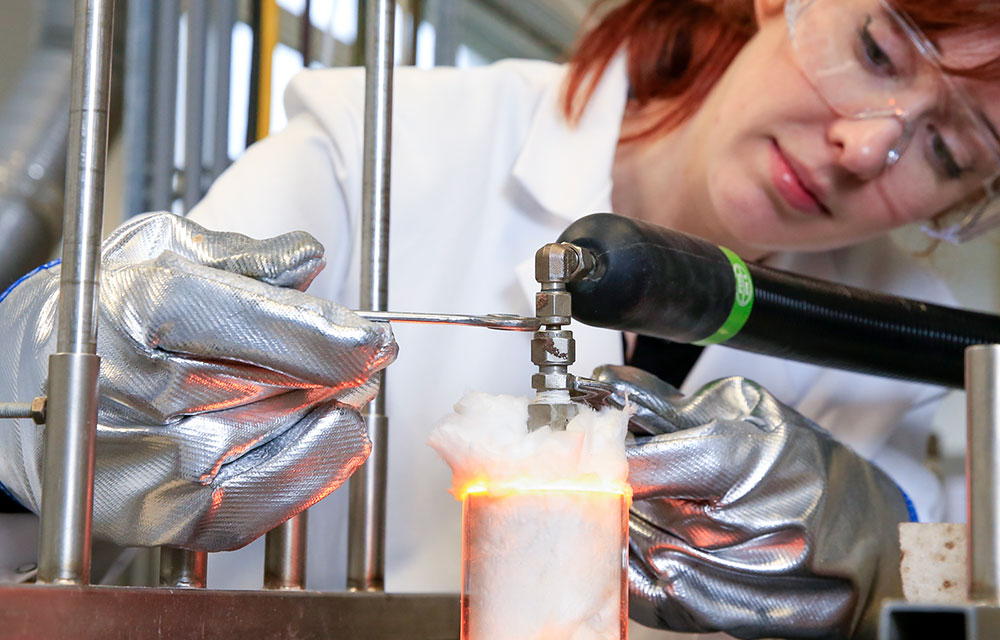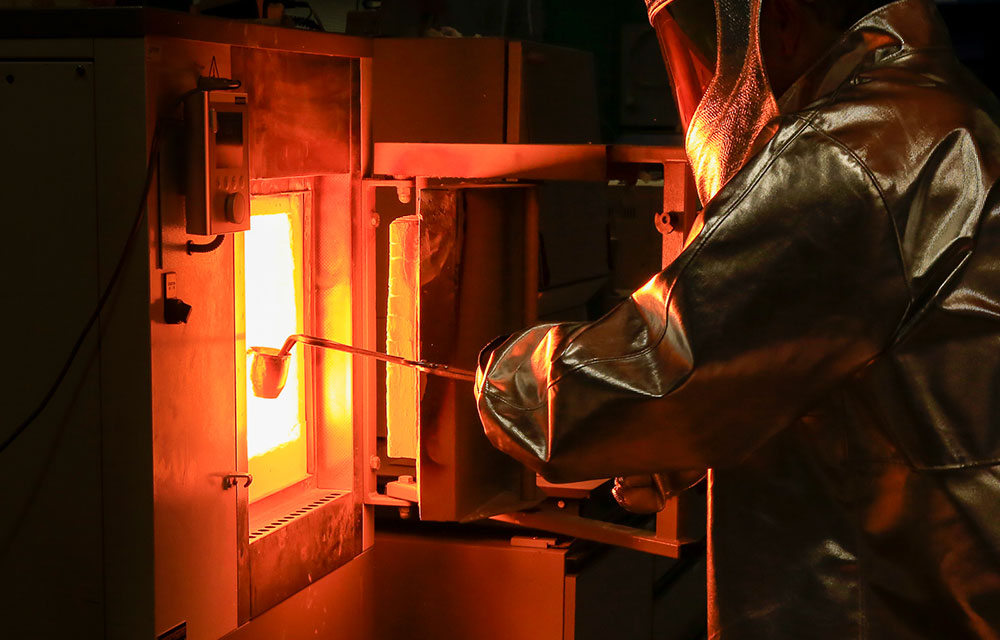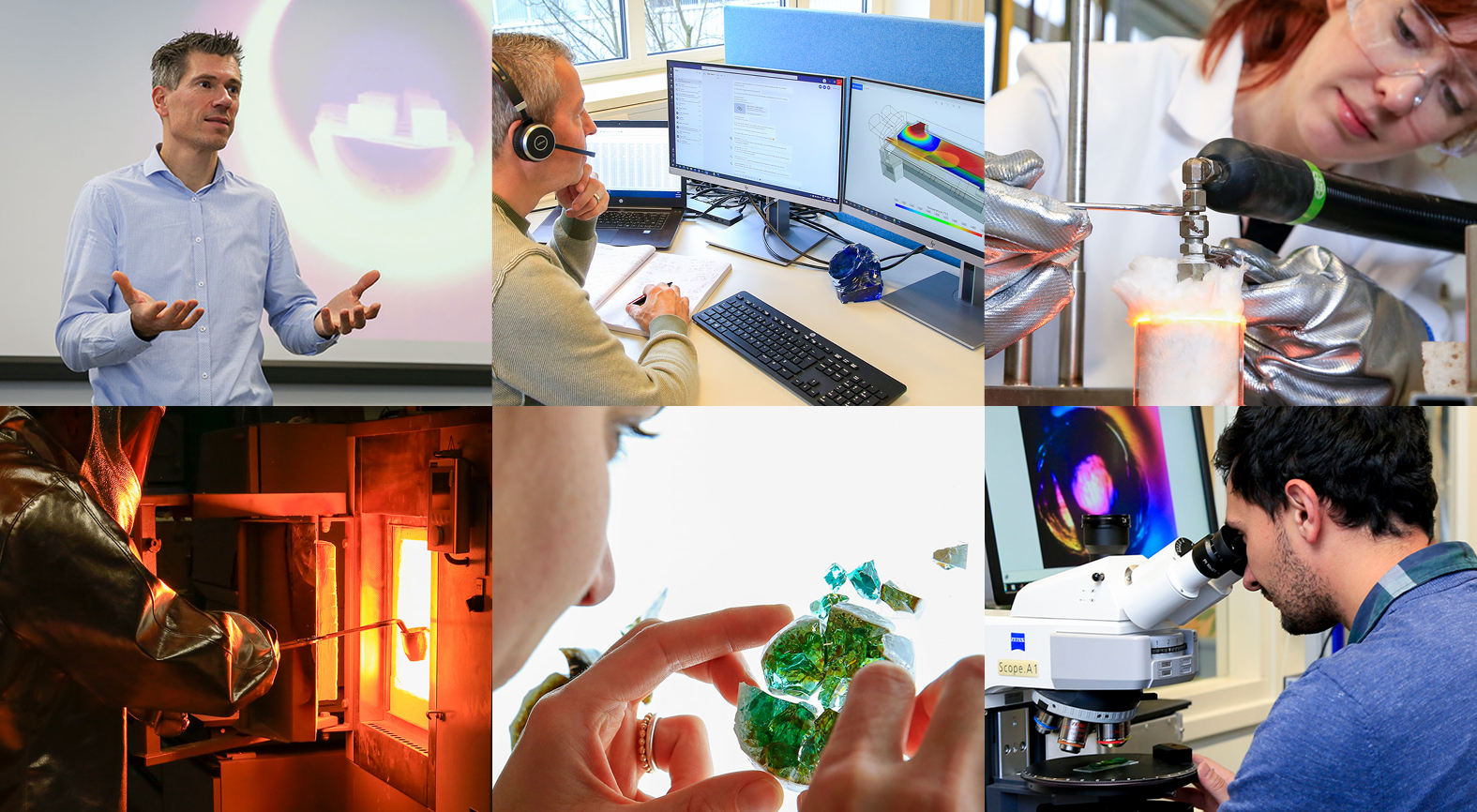BUBBLE DIAGNOSIS (INTRODUCTORY TRAINING)
Bubbles and seeds are the most common causes of rejections in glass production. The course begins with the formation of bubbles during the batch-to-melt conversion and describes the many physical and chemical processes that lead to their composition, size, and removal from the melt. Gas sources downstream and bubble generation during container and float forming are also covered. The training concludes with a step-by-step method for managing a bubble upset.
Contents
• Batch decarbonization, bubble formation, and interaction with the glass melt
• Bubble ascent and glass flow velocities
• Gas solubility, chemical fining and refining
• Physical fining
• Reboil mechanisms
• Downstream sources of gases and forming bubbles
• Practical guidelines in case of bubble upset
After the training you will
• Have a step-by-step approach to detect and resolve bubble problems
• Understand the many origins of bubbles
• Comprehend the numerous chemical and physical phenomena that contribute to bubble removal
• Understand how experimental and numerical tools can help identify and resolve root causes in the event of a bubble crisis
Training methods
We offer a blended learning approach by mixing e-learning, lectures, open discussions, exercises, and case studies in teams or individually. The number of participants per course is between 8 and 20 to maximize your learning experience. Participants always receive the presentations and a training certificate.
Level of seniority
This training is meant for batch, furnace and quality team members who must deliver good quality glass, support and make decisions in case of a bubble upset. They will get a better understanding of the phenomenon at stake and sharper troubleshooting abilities.
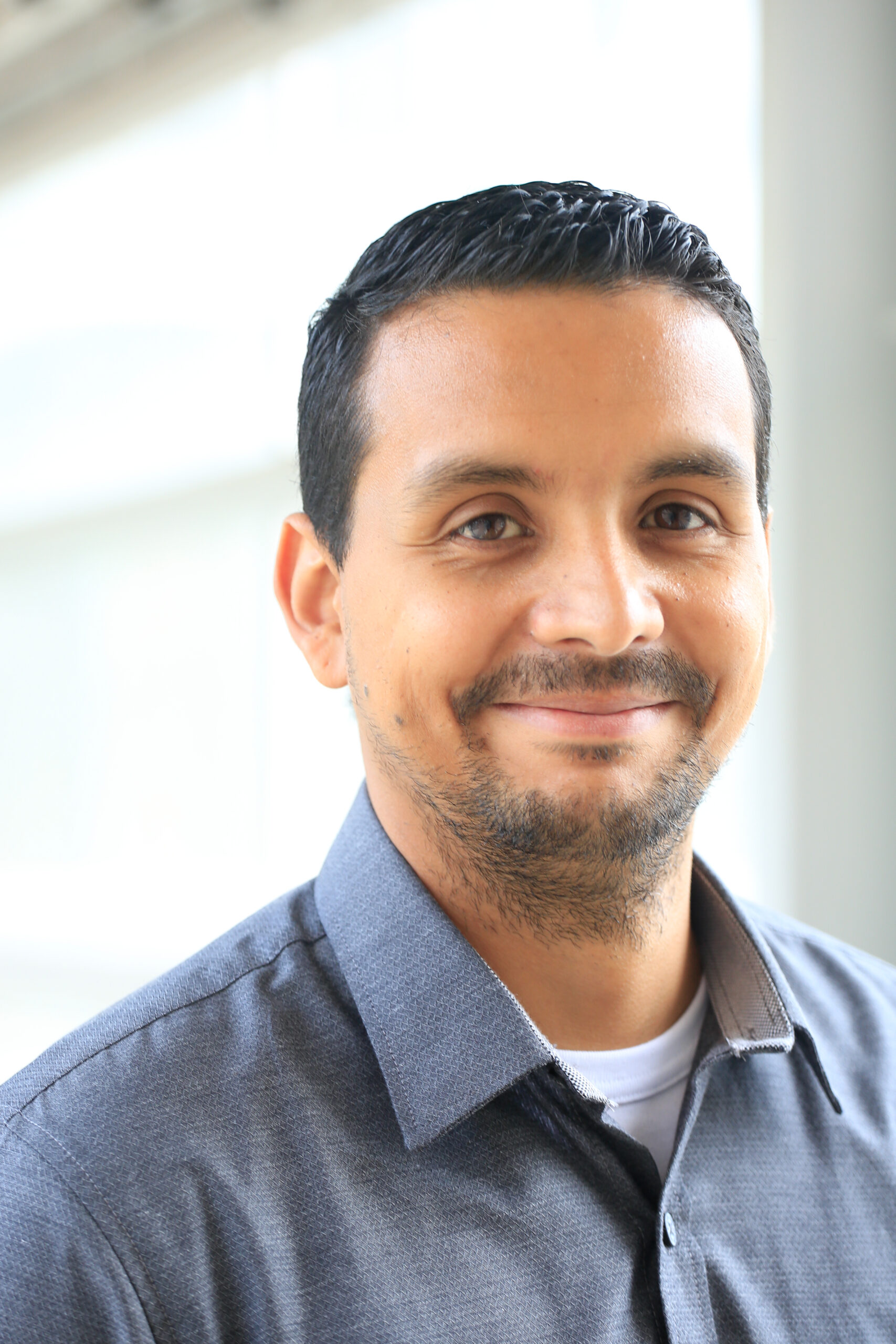
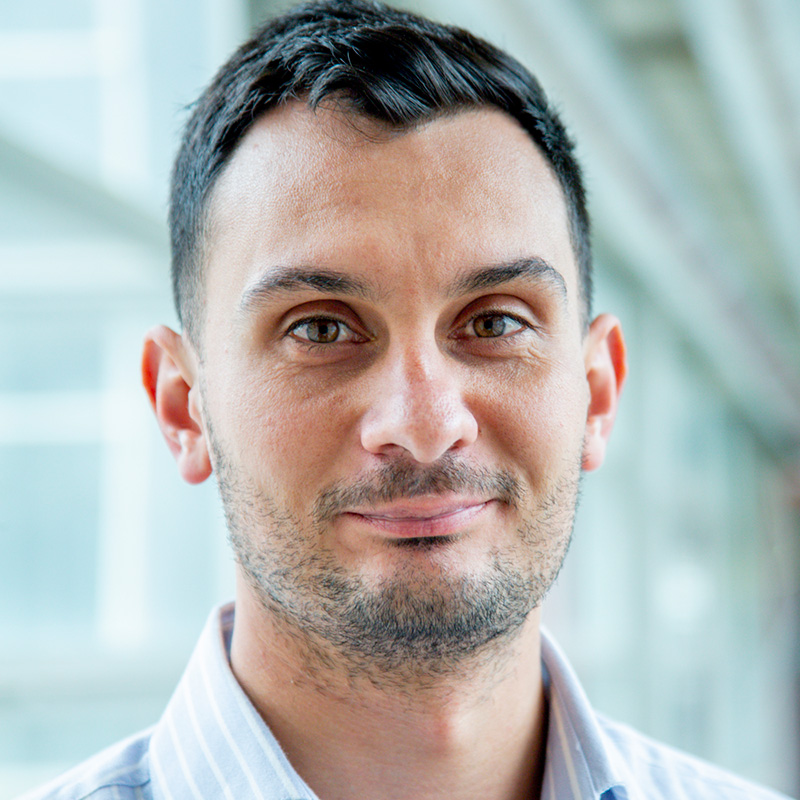
Price excludes tax and duties.
The 6th participant from the same company can join for free.

